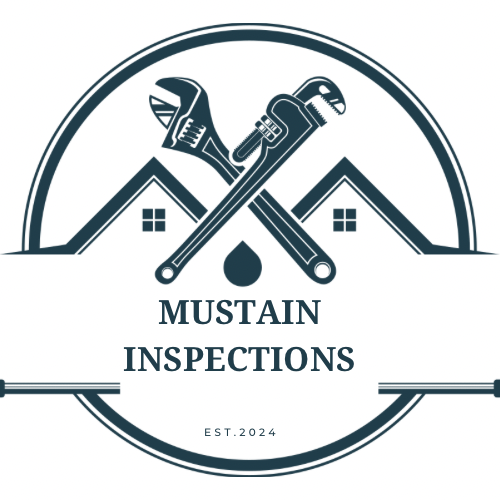Our Services
Our inspections are performed with great care and attention to detail.

Residential Inspections
Our thorough inspections provide a detailed assessment of your home’s condition, covering everything from foundation to roof. With comprehensive reports, you can make informed decisions about your property.
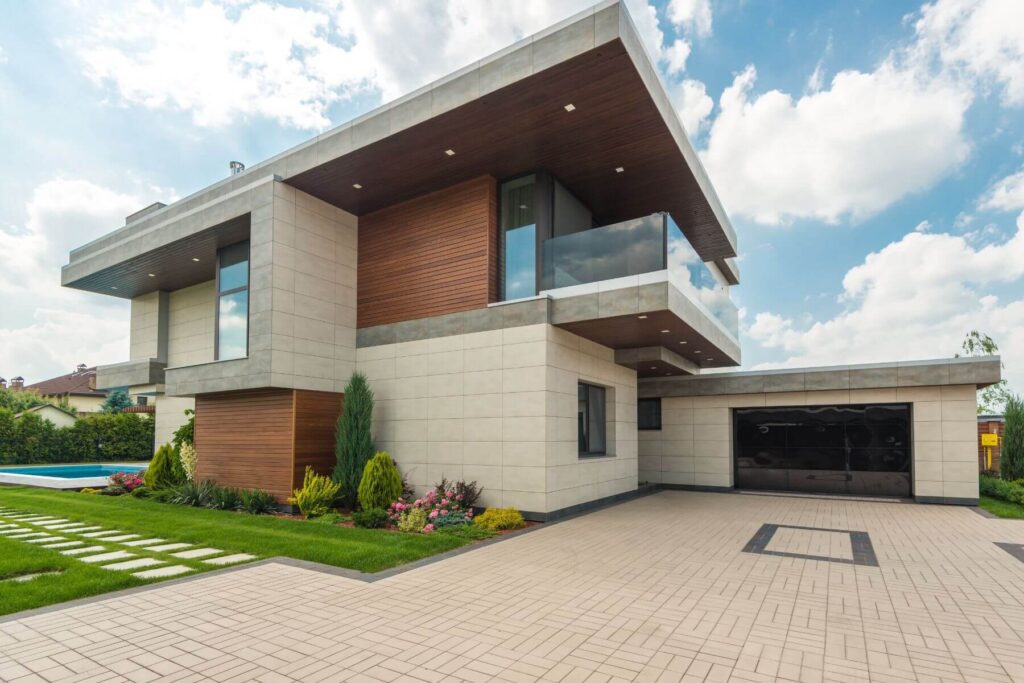
pre-listing inspections
A pre-listing inspection is a professional examination of a property that is performed before the property is put on the market for sale.
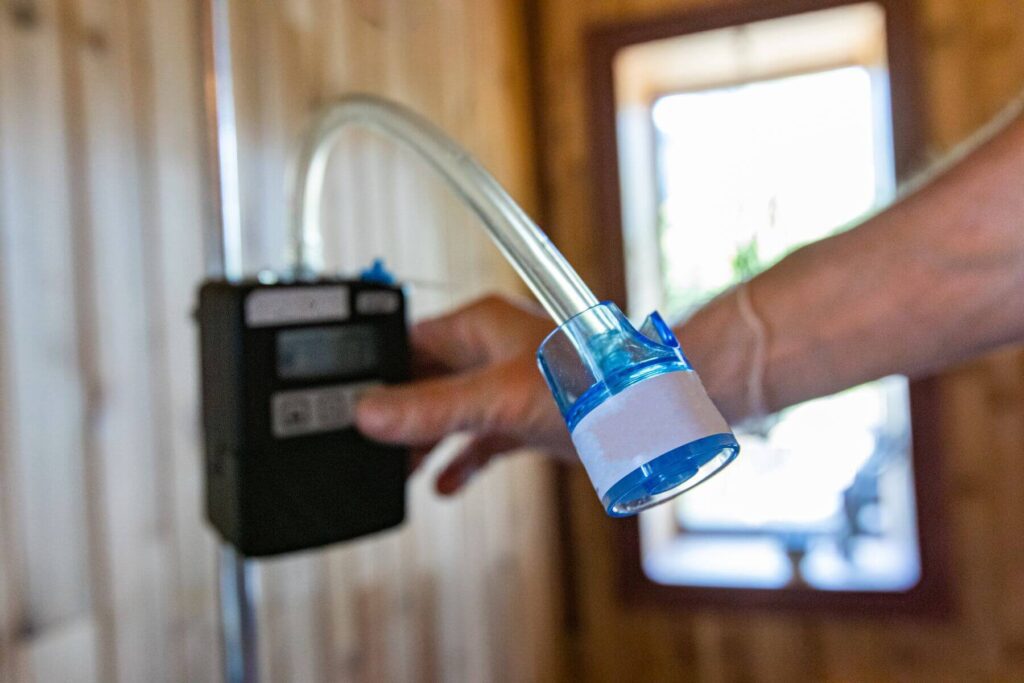
mold and air quality testing (OFFERING SOON)
There are over 400,000 types of mold, and while there are only a few dozen that are toxic, exposure to many molds can lead to health problems. It can also cause structural damage to your house.
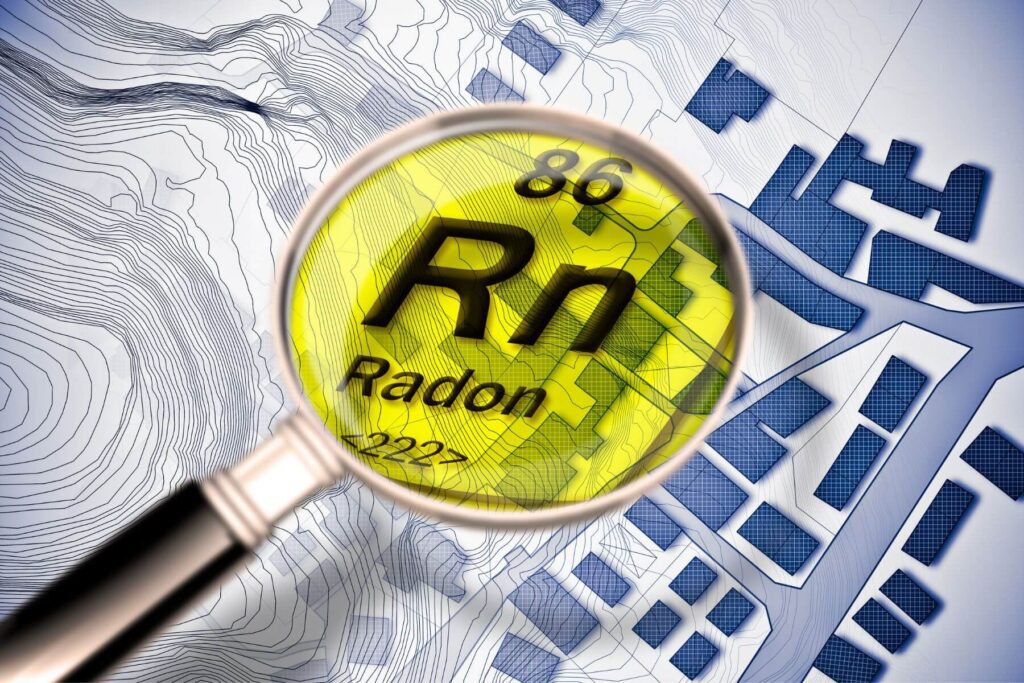
RADON TESTING (OFFERING SOON)
Radon is the 2nd leading cause of lung cancer in the US. Make sure you and your family are protected by getting your property inspected.

Drone Roof Inspections
Drone technology has revolutionized the way we inspect roofs. It’s much faster, safer, and more thorough than traditional methods, and it allows us to see areas that were previously inaccessible.

new construction inspections
Newly constructed homes need an objective third-party to inspect. The city or county inspectors often don’t catch everything, but we’ve been trained to have a keen eye for anything that could compromise a new home’s lifetime or safety.
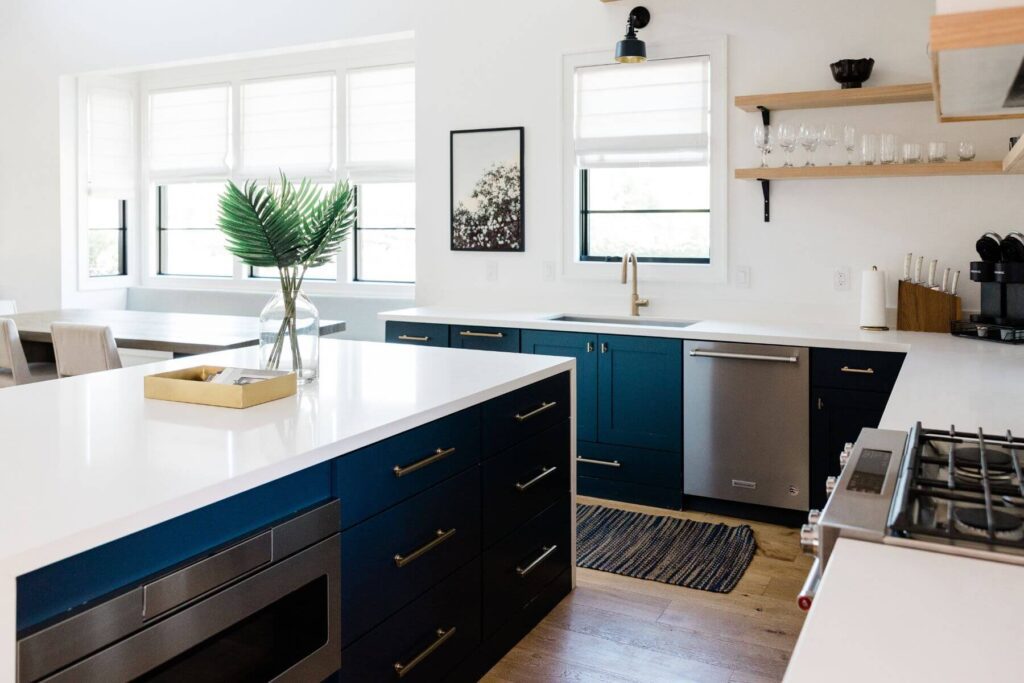
annual home maintenance inspections
As homes age, the quality of the building and its utilities begin to deteriorate. Our annual maintenance inspections include roof inspections, plumbing inspections, electrical inspections, foundation inspections, attic insulation inspections and building structure inspections.
Frequently Asked Questions
Buying or selling a home can be a stressful experience, but we’re here to ensure you know what to expect during your home inspection.
A home inspection includes checking for any structural issues such as foundation cracks, roof leaks, plumbing issues, electrical wiring, heating/cooling systems, insulation, windows, doors, chimneys, etc. Depending on how big the property is, a home inspection typically takes 2-3 hours.
Ensure all inspection points are free from clutter, including any closets that might lead to a crawlspace or attic, and clearing some space around your home’s perimeter. It’s also important to check the functionality of all built-in appliances, electric, and gas. If you don’t plan to attend the inspection, make sure your inspector has access to the home, and all pets are properly contained or moved.
A home doesn’t pass or fail an inspection. Instead, a home inspection is a thorough audit of your home’s components. In most cases, there will be concerns marked on your home inspection report, but these are strictly informative.
While you can legally skip a home inspection in many cases, doing so could mean you may end up buying a home that has major issues that need to be fixed.
While a home inspector may recommend some minor repairs, they are not qualified to make major repairs. He or she can provide information about what needs to be repaired — and it might be helpful to know that information — but the decision to actually do the work lies solely with the homeowner. Not only does this give you the freedom to choose your contractors, but it also helps prevent a conflict of interest.
A home inspection can affect appraisals for two reasons: 1) The inspector may find something wrong with the property that would lower the value of the home, 2) The inspector may find things that need repair which could increase the value of the home. If the inspection finds issues that require repairs, then the seller has to decide whether they want to fix them themselves, or hire someone else to do it. If the buyer wants to purchase the home, he/she must be willing to pay for those repairs.
